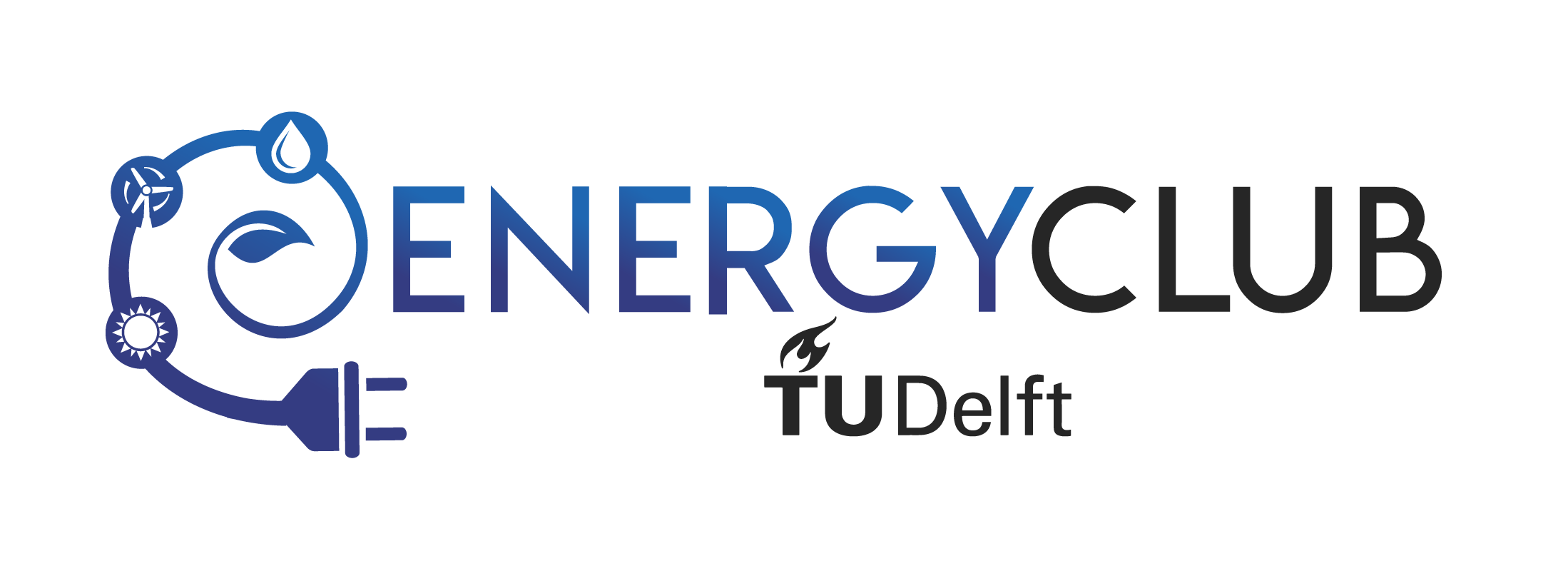System Studies for Renewably Powered Offshore Carbon Sequestration
MASc and PhD Graduate Student Positions:
System Studies for Renewably Powered Offshore Carbon Sequestration (Solid Carbon) Pathways to a survivable future climate increasingly suggest that carbon capture and sequestration from the atmosphere will become necessary by mid-century. In advance of that time, research and demonstration projects are required to prove out viable technical solutions to reliability capturing and storing carbon, on a scale that can be deployed globally.
MASc and PhD positions are available in a research sub-project led by Dr. Curran Crawford (who directs the Sustainable Systems Design Lab - ssdl.uvic.ca, and part of IESVic) that is part of a larger Solid Carbon project funded by the Pacific Institute for Climate Solutions and led of Ocean Networks Canada. The overall goal of Solid Carbon is to examine the technical engineering, geological and social/legal solutions and implications associated with sequestering carbon in basalt rock under the ocean. The initial focus is on an engineering design for the requisite carbon capture (direct air and/or seawater), and CO2 transport and injection into wellheads on the seafloor in ~3000m of water.
Students will work on sub-tasks related to determining the requirements for on/offshore direct CO2 capture, and renewable energy systems capable of powering those processes and delivering the CO2 to the well heads. The system design and optimization studies will include a range of options from floating wind and solar plants, through ocean thermal and wave energy, as well as pipeline and tanker options. System and detailed design studies will be carried out for a planned demonstration project in the Cascadia basin off Vancouver Island, and examining the prospects for global deployments.
